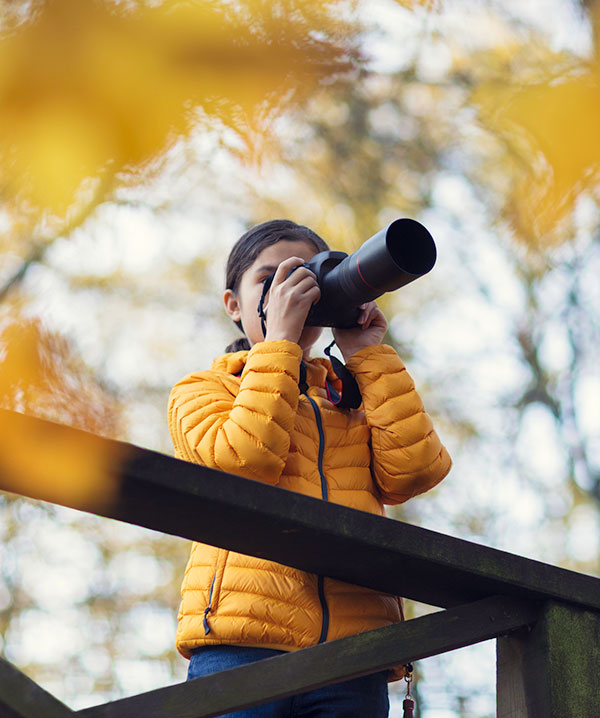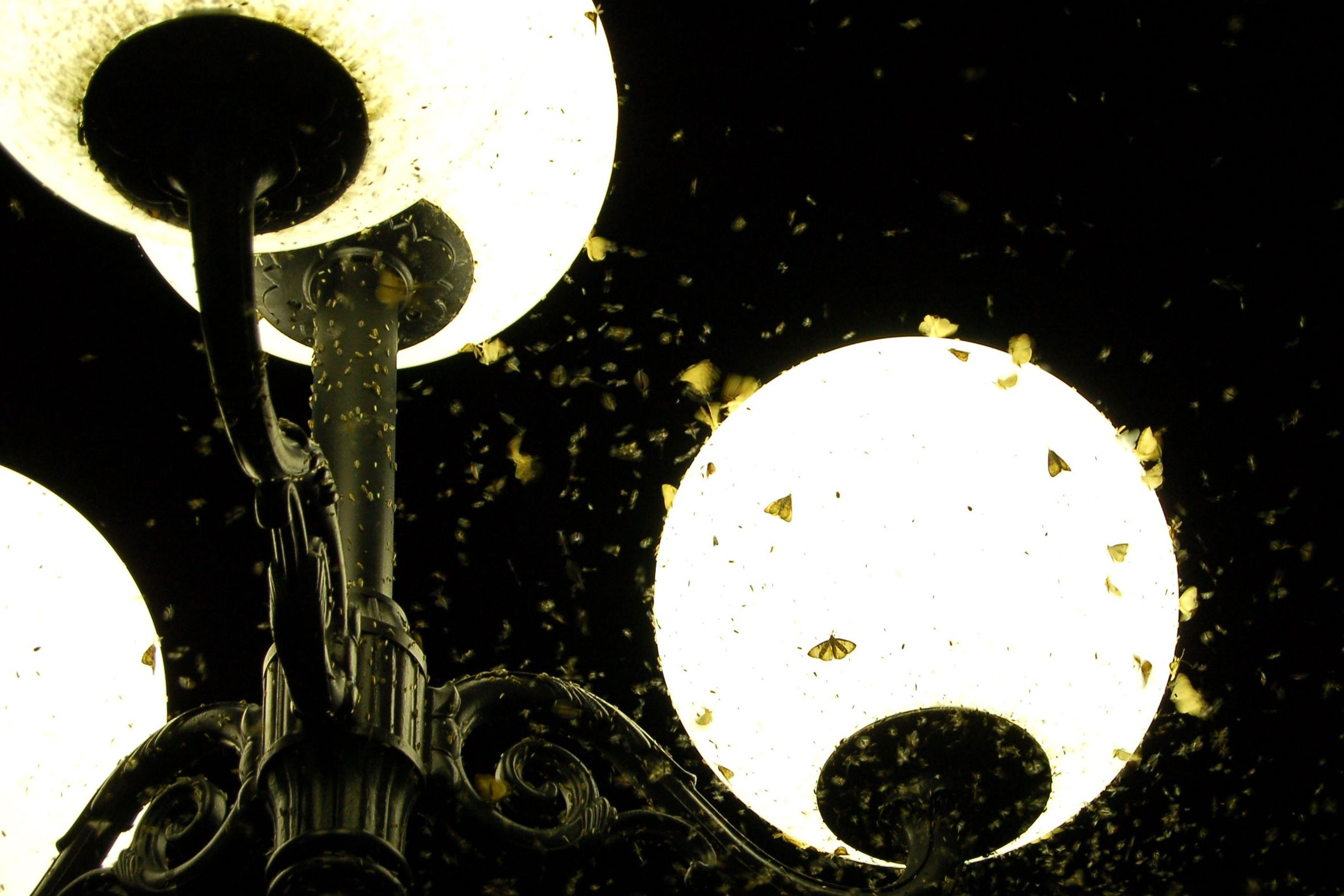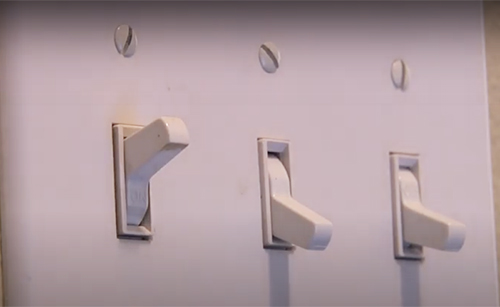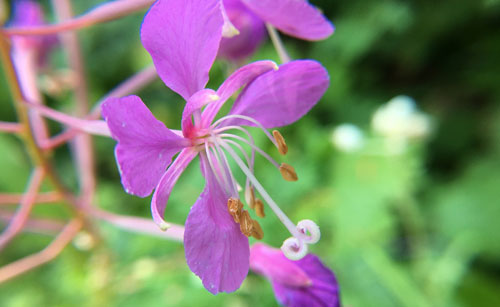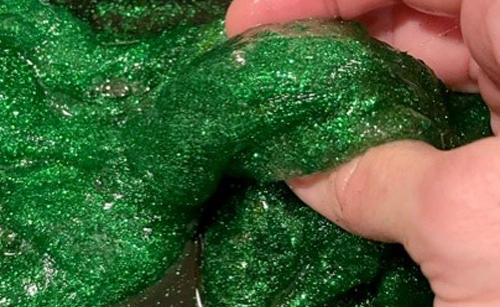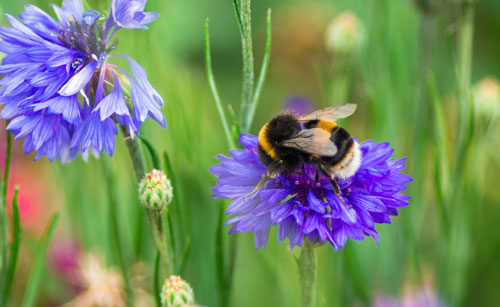Get up close and personal with the wildlife living around us! Clark Public Utilities offers multiple educational opportunities to learn more about the animals in Clark County. When we can learn about and actually see the wildlife in our ecosystem, we feel more connected to our environment. This makes all of us more likely to help protect these beautiful animals. Let’s get started!
Become a citizen scientist
Would you like to be a scientist when you grow up? What if you didn’t have to wait? People who don’t work in a science field can be a scientist in their spare time. And kids can do this too! Citizen science, sometimes called community science, uses the collective knowledge of communities and the public to ask questions, collect data, interpret results, and even make new discoveries! You don’t need a degree in biology to help out. You just need to be curious about the world around you and ask questions.
Ready to get started? Join iSpy!
Join Clark Public Utilities’ iSPY Native Plant and Animal Project in iNaturalist. Joining the iSPY project makes you a scientist as you document organisms’ distribution, phenology, and more. You can then use this data for your own studies and contribute to a larger scientific community.
- Download the app on your phone or use iNaturalist on your computer by going to www.inaturalist.org.
- Click on the “Sign Up” button.
- Create a username and password specific to iNaturalist.
- When an account has successfully been created, a welcome message indicating you have successfully signed up will appear at the top of the page in a yellow bar.
- After signing up, you will be directed to your “Dashboard.” This is your home base for your account.
- Click on the word “Community” on the top of your Dashboard and then in the search bar type “iSpy Native Plant and Animal Search.”
- Hit the Join button in the upper right and you are set.
- Start uploading your observations and record them to the iSpy project. Have fun!
Note: If you need more guidance, there will be a “Getting Started Guide” on the right-hand side of your iNaturalist dashboard.

If you upload a photo to the iSPY Native Plant and Animal Search project, we may use it in one of our plant or animal guides and credit you.”
Human Created Light Pollution
Insect populations have fallen significantly in the last fifty years due to a variety of factors including increased use of pesticides and loss of habitat. And recently scientists have found that outdoor lighting is also contributing to this decline by negatively affecting how insects navigate, hunt and mate and it makes them more vulnerable to predation.
Nearly half of all insect species on Earth are nocturnal which means that artificial light such as street lights, porch lights, security lights etc. may affect them.
This impact can cause some insects that rely on polarized light for navigation to lose their sense of direction. Others that rely on bioluminescence to find a mate may find it more difficult. Caterpillars that feed at night may be illuminated and easy pickings for predators. In addition, one third of insects such as moths that are drawn to artificial light die by the morning due to exhaustion or being eaten by opportunistic predators.
Habitat loss and the widespread use of pesticides may be out of your control, however human-created light pollution outside your home is not. With small changes and/or upgrades you can make a difference.
Best ways to reduce light pollution:
- Use motion sensors instead of having night lights always on.
- Use a timer so lights are not on all night.
- Install directional covers on outdoor lights so they only shine where needed
- Switch out your blue-white lightbulbs for yellow LEDs.
- Turn off unnecessary indoor lighting that may show through the windows.
- Simply turn off your outdoor lights.
Insects are the bridge between the producers, plants and the secondary consumers, animals that eat insect. They are the basis of many food chains. We need to stop insect declines before entire ecosystems collapse.

